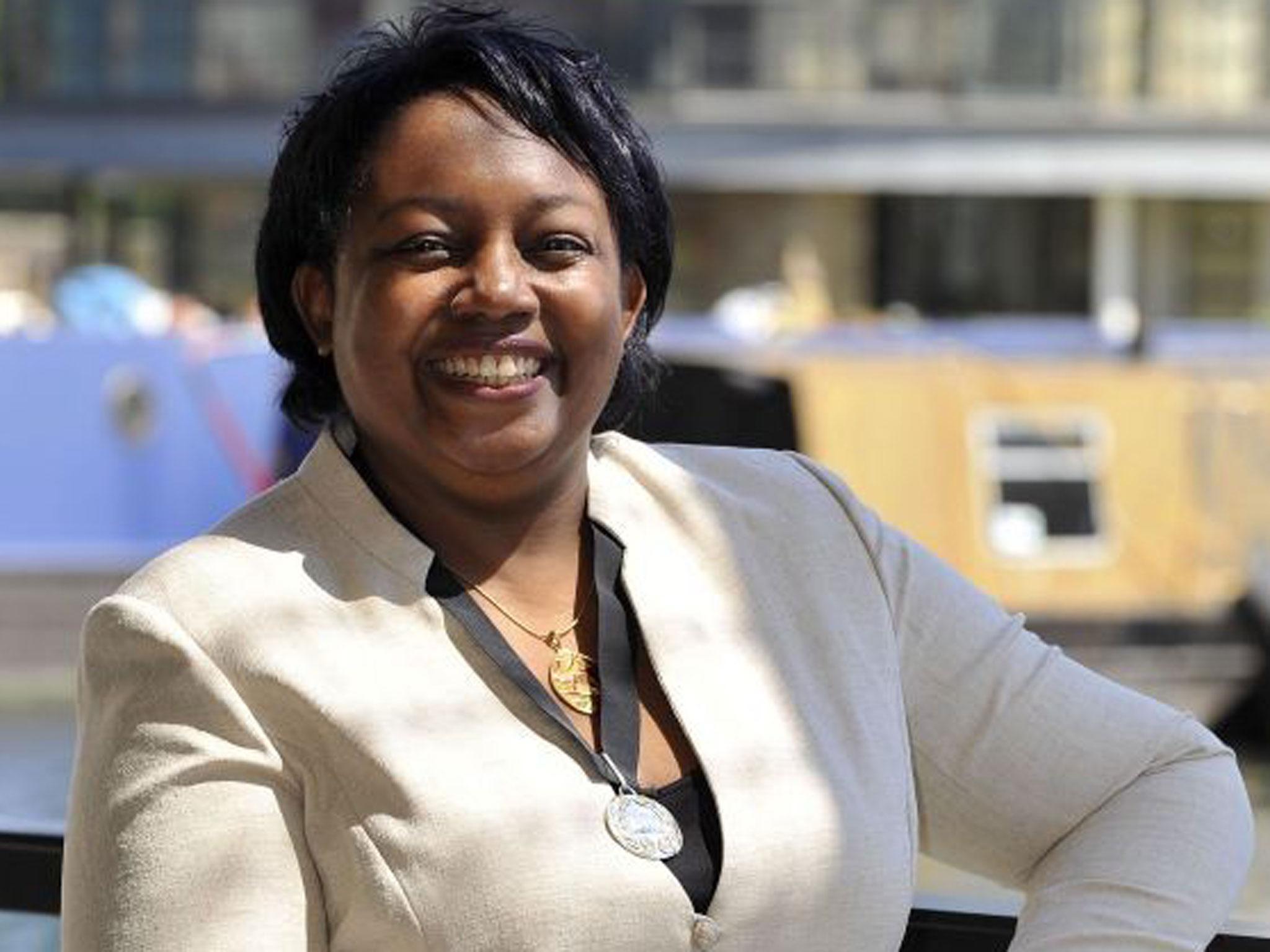Review: Noble Conflict, By Malorie Blackman
The new Children's Laureate begins her tenure with a timely futuristic tale of war and resistance

Your support helps us to tell the story
From reproductive rights to climate change to Big Tech, The Independent is on the ground when the story is developing. Whether it's investigating the financials of Elon Musk's pro-Trump PAC or producing our latest documentary, 'The A Word', which shines a light on the American women fighting for reproductive rights, we know how important it is to parse out the facts from the messaging.
At such a critical moment in US history, we need reporters on the ground. Your donation allows us to keep sending journalists to speak to both sides of the story.
The Independent is trusted by Americans across the entire political spectrum. And unlike many other quality news outlets, we choose not to lock Americans out of our reporting and analysis with paywalls. We believe quality journalism should be available to everyone, paid for by those who can afford it.
Your support makes all the difference.Malorie Blackman, the new Children's Laureate and the first black writer appointed to the post, has once again produced the sort of novel that has previously gained her such a large Young Adult readership. Set in a dystopian future, it starts with 18-year-old Kaspar triumphantly joining the Guardians, an elite military force charged with hunting down the few insurgents left who still oppose the ruling one-party Alliance. Some violent engagements follow, with Blackman chillingly reproducing the type of mindless locker-room bravado following a successful hit which, as WikiLeaks showed, some American pilots engaged in during the Iraq war. But Kaspar gradually realises that things are not what they seem after discovering the sickening institutional torture inflicted on captured so-called terrorists, another nod towards contemporary history.
What follows is an exciting race towards an ending where the chief villain, having assured Kaspar he is about to be murdered, obligingly takes time off to explain what he and his cohorts have really been up to. By now Kaspar has been working with Mac, an attractive teenage girl gifted at cyber-searching.
Drawing on her own experience as a former computer programmer, Blackman cleverly makes some of Mac's complex manoeuvres seem logically simple. Mac's father is also revealed as yet another evil oppressor. The story ends with an open letter from Mac appealing to everyone to face some painful home truths and together help build a better society.
Expertly plotted and well-paced, Noble Conflict also touches on telepathy and the ability to turn memory into reality. At times almost too brutal for its own good, this is effective rather than inspired writing. Floodgates still open, breasts heave and colour continues to drain from faces. There is also a certain over-eagerness to explain, with two words or more sometimes doing the work of one.
But the Children's Laureate was not created for great literature or illustration alone. The incumbent must also promote reading among children and teenagers, and here Blackman will be in her element. A forceful, exuberant personality, she makes a strong impression wherever she goes. The trilogy that started with Noughts & Crosses brought a new perspective to writing about colour prejudice. Here, it is the blacks who are the oppressive majority and the whites who suffer before finally rebelling. This was brave and challenging work.
Yet Blackman is on record as wanting to get away from writing exclusively about race and its impact. She still loves the classic British fiction she read as a child, and her ambition has been to write stories where matters of race are incidental rather than either the main theme, or else ignored altogether.
But she remains critical of the picture books that still under-represent black or Asian children, remembering herself feeling “totally invisible” when young, after searching in library books for anyone looking remotely like her.
She also acknowledges that, even today, the presence of a black child on a book cover can sometimes put off white purchasers who feel that this is not something aimed at their own children. Changing such attitudes in the next couple of years is not going to be easy, but if anyone can do it, Blackman is the obvious candidate. Immensely popular with fellow writers, she is also loved and respected by the many young readers whom she has so richly entertained and instructed in the past.
Join our commenting forum
Join thought-provoking conversations, follow other Independent readers and see their replies
Comments